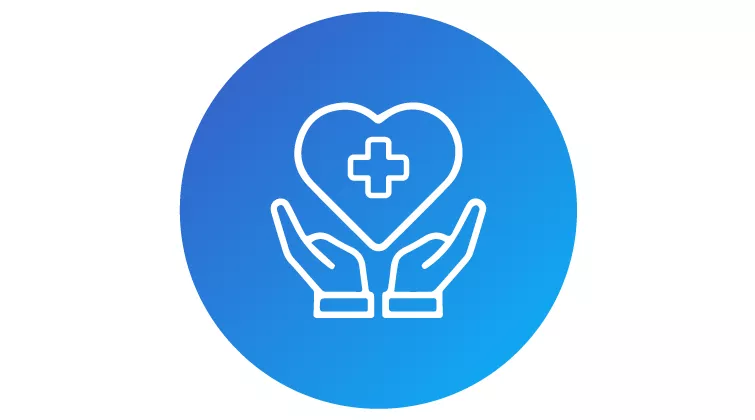
I was an FY1 doctor and had been tasked with arranging a CT scan for an adult inpatient. I handed the request card over to the radiology consultant, the edges of it now slightly moist from my sweaty palms. I braced myself for the belittling comments and criticism we had all come to expect. Instead, the person looked at me and smiled. I rattled off my little speech, presenting my case for why I needed this investigation so badly. The consultant nodded and politely asked a few questions. He then made some suggestions and explained what he thought might be a more appropriate imaging modality, asking me if that was OK.
As I made my way back up to the ward, I felt strangely fulfilled. Instead of incivility, I had been met with kindness, collaboration and an opportunity to learn.
If you read the Thrive Paediatrics blog regularly, you might notice this is now the third time that I write about civility. As paediatricians, we think of ourselves as a friendly bunch, yet we continue to hear countless stories of incivility in the workplace. The knock-on effects of these uncivil behaviours are huge for both individuals, the team and patients. In response to this, we have been engaging in activities to explore these stories and equip people with the knowledge and resources to begin to reflect, challenge and modify behaviour.
Virtual Thrive Paediatrics drop-in sessions run on the first Monday of the month. We have used this space to explore our collective experiences of both subtle incivility and more overtly confrontational or rude behaviours. We’ve also discussed times when we have been uncivil to colleagues ourselves, and what factors might feed into those behaviours. Each one of us came away from the conversation with something to reflect on as well as practical things we could take back to our workplaces.
Equipping our Thrive community with knowledge and resources to embark on this work is an important part of what we do. As such, we have welcomed guest speakers to our face-to-face Thrive events to talk about civility and kindness. These sessions have served to outline the evidence base and identify how we can lean into addressing these adverse behaviours with compassion and empathy. These presentations resulted in rich, vulnerable and powerful discussions.
Civility is an excellent example of something that costs no money yet has a huge impact...
Alongside this, the Thrive team is developing content for the upcoming Resource Hub, where resources on civility will feature heavily. There will be links to articles, books, podcasts, videos and eLearning modules. These can be used for personal development, to support departmental teaching, to back up business cases amongst other things. The Resource Hub will also celebrate examples of good practice in relation to civility, sharing the work of departments or organisations that have implemented actions to address these adverse behaviours. These stories will serve as demonstrations of what is possible and offer people inspiration and ideas of how they might go about beginning this work in their local area.
Faced with a lack of financial resources and a relentless staffing crisis, health professionals can understandably feel somewhat helpless to influence any meaningful change to our working lives. However, civility is an excellent example of something that costs no money yet has a huge impact. It is well within our power to reflect on our own behaviours and make a pledge to be civil and respectful to our colleagues no matter what the circumstances are. We can also equip ourselves with the knowledge and resources to begin to challenge incivility.
So, keep an eye out for the Thrive Resource hub which we expect to publish soon and do get in touch if you have any good examples that you want to share thrive@rcpch.ac.uk. And, finally, collaborate. Reach out to others within your department, join the Thrive drop-in sessions, speak to colleagues across your region - because alone we can do great things, but together we can do even better.









